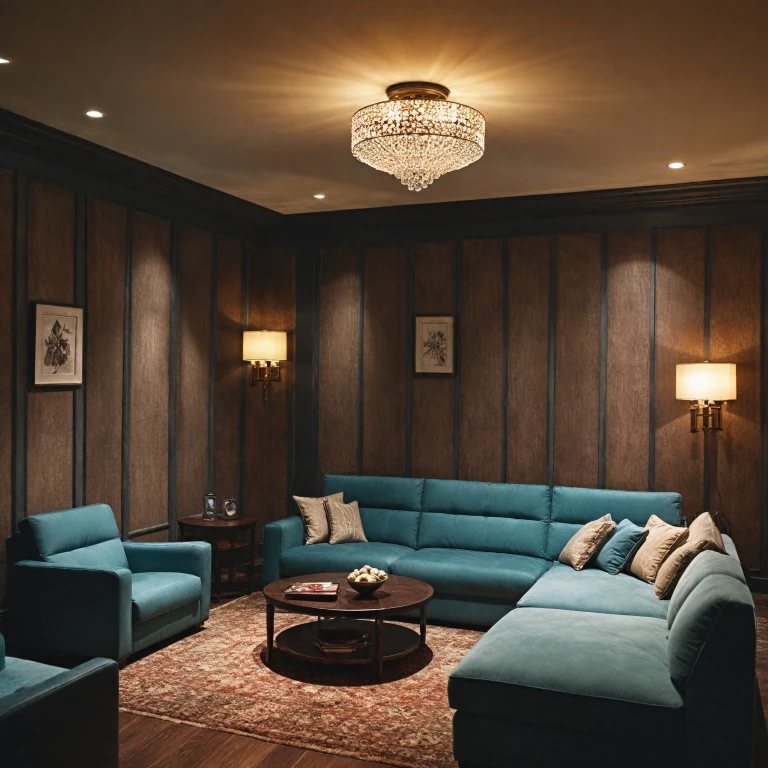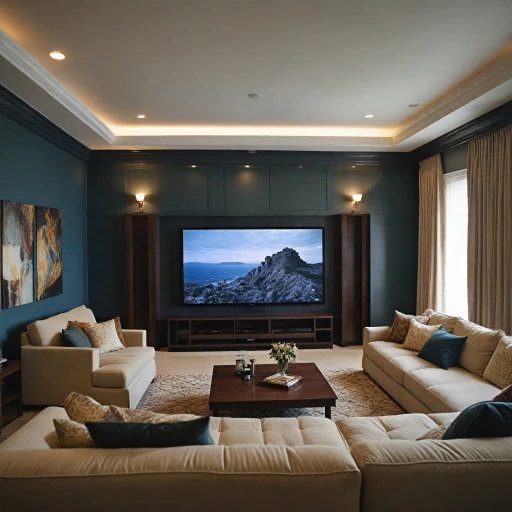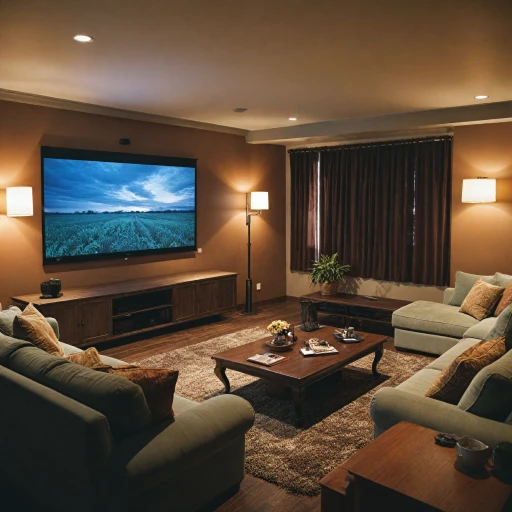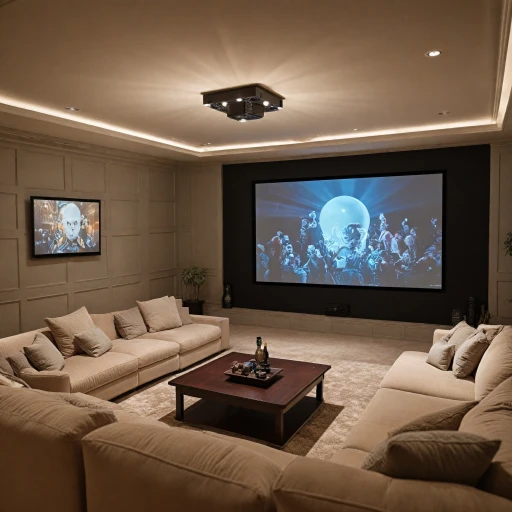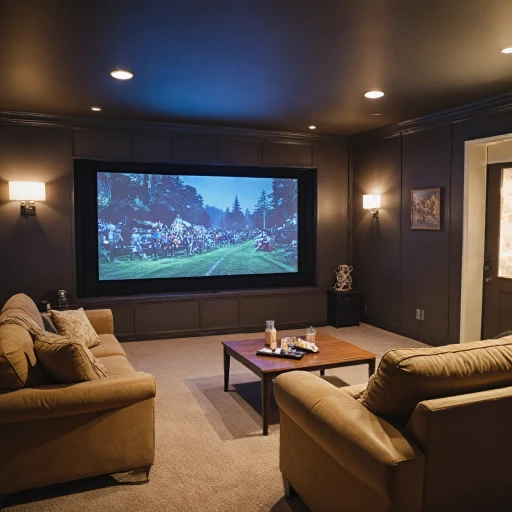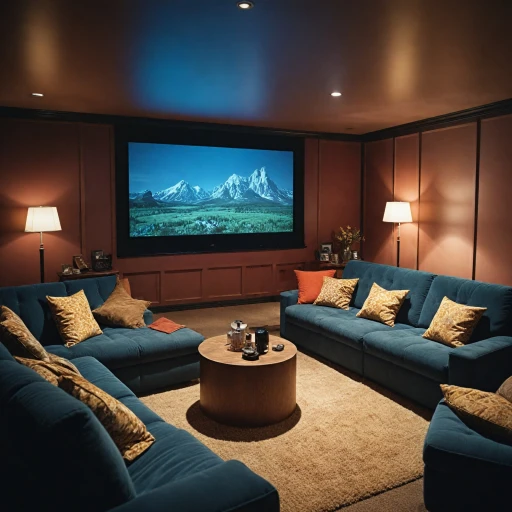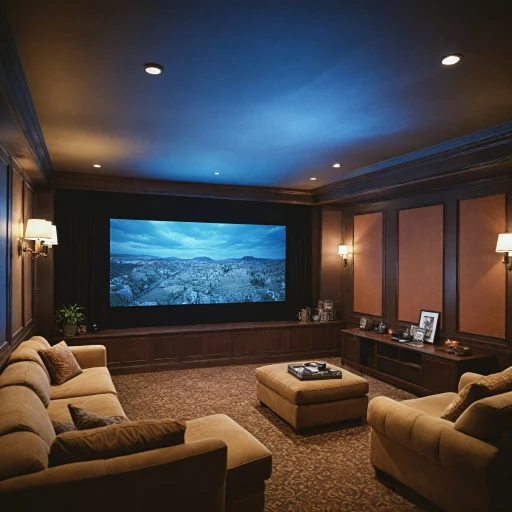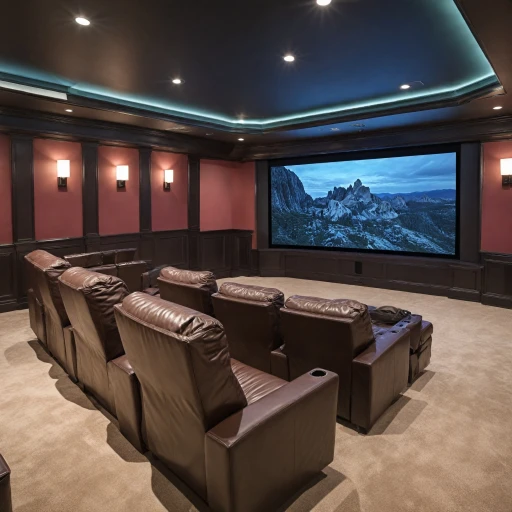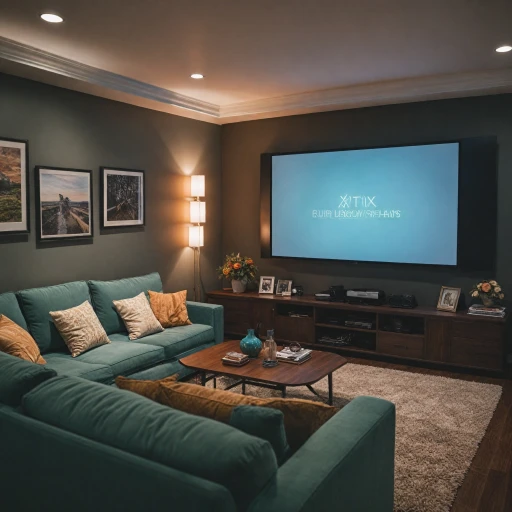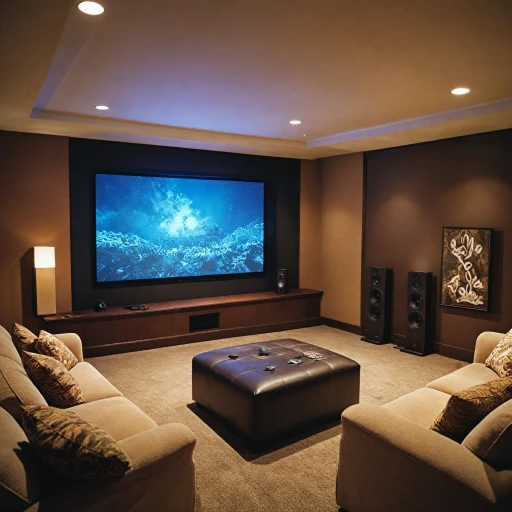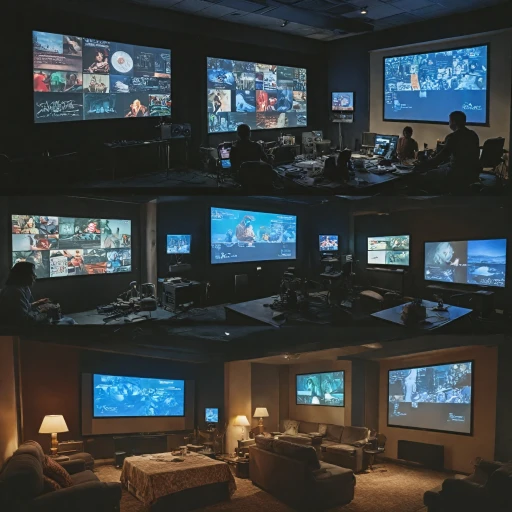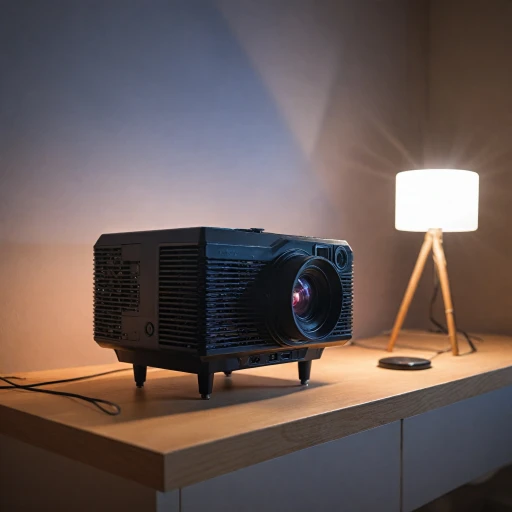
Understanding the Basics
Key Differences in Light Sources
When it comes to home theater projectors, understanding the basics of laser and lamp projectors is essential. One of the primary differences between these two types of projectors lies in the light source they use. Lamp projectors typically employ a traditional bulb, which can have varying levels of brightness and may require regular replacement. On the other hand, laser projectors utilize advanced laser technology, often providing a more consistent level of brightness and enhanced color accuracy over time.
Diverse Applications and Technologies
Furthermore, different projector technologies such as DLP projectors and LED projectors come into play. Each technology has its specific advantages, from color gamut to overall image quality. Laser projectors often integrate with DLP or LED technologies, leading to benefits such as improved color reproduction and longer lifespan.
Factors to Consider
Choosing between laser and lamp projectors depends on various factors including cost, maintenance, and installation requirements. When evaluating these factors, potential buyers might turn to expert guides like the Choosing Between Laser and Bulb Projectors guide to make an informed decision. This resource provides insights into the pros and cons of each option, helping you determine the best fit for your home theater setup.
Image Quality and Performance
Exploring Image Quality and Performance
When choosing between laser and lamp projectors for your home theater, one of the primary considerations is the image quality and performance offered by each technology. The advancements in projector technology significantly impact how you experience movies and games in your cozy entertainment oasis. Laser projectors, often leveraging laser phosphor technology, are renowned for their superior color accuracy. This is achieved as the light source provides a consistent brightness level and expanded color gamut. With RGB laser and LED laser options, these projectors tend to deliver richer and more vibrant colors, enhancing the overall viewing experience. The laser light delivers a steadier output, ensuring images are not only bright but also more lifelike. On the other hand, lamp projectors, especially those utilizing DLP technology, have made strides in offering improved brightness and color reproduction. Although they rely on a bulb, advancements in lamp-based systems have led to enhanced light intensity, allowing them to compete with entry-level laser options. The brightness level, typically measured in lumens, is a critical factor since it influences how the projector will perform in different lighting conditions. Image quality isn't solely about brightness or color, though. Contrast plays a crucial role in determining how deep the blacks appear on the screen. Laser projectors generally offer better contrast ratios due to their precise light control. This results in sharper images with clear differentiation between light and dark scenes. LED projectors also deserve mention as they bring a balance of extended brightness and accurate color reproduction. Their longer lifespan compared to traditional lamp projectors means they maintain picture quality over prolonged use without requiring frequent maintenance. While both projector types bring their unique advantages to the table, understanding your specific needs in terms of color fidelity, brightness, and contrast will guide you towards making the best choice. Whether you prefer the rich, saturated hues of a laser projector or the balanced performance of a lamp projector, both can transform your home theater experience.Longevity and Maintenance
Durability and Routine Care
When contemplating the longevity and upkeep of home theater projectors, it's essential to understand how different light sources influence these factors. Laser projectors shine in terms of durability, often boasting a longer lifespan compared to their lamp-based counterparts. The laser light source, whether it's laser phosphor or RGB laser, typically offers between 20,000 to 30,000 hours of operation. This makes laser projectors a more resilient choice for long-term use.
In contrast, lamp projectors generally require more frequent maintenance. The lamp bulb, the critical component in lamp projectors, has a lifespan ranging between 2,000 to 5,000 hours. This means that over time, owners will need to replace bulbs, complicating maintenance and escalating overall cost considerations. Each bulb's replacement isn't just a time investment but also a financial one.
Moreover, laser projectors don’t suffer from the gradual decrease in image brightness and color accuracy that often plagues lamp projectors. The consistent performance of laser technology ensures that your viewing experience remains vibrant and lively without the need for regular adjustments or replacements.
However, it’s crucial to consider maintenance when evaluating your home theater setup options. LED projectors can also be a noteworthy mention here, combining attributes of both above technologies. Although their light sources are sensitive to overheating, their RGB LED components generally have a longer lifespan than lamp-based projectors.
Ultimately, your ongoing care and the equipment’s crucial components should align with your priorities, whether that means minimizing maintenance or maximizing durability. As you continue to explore various options, understanding the availability of different technologies and their performance features will better inform your decisions.
Cost Considerations
Financial Aspect and Its Implications
When evaluating home theater projectors, cost is an essential consideration. Both laser and lamp projectors come with distinct financial implications beyond the initial purchase price. Here's a breakdown of what to keep in mind:- Initial Purchase Cost: Typically, laser projectors have a higher upfront cost compared to lamp projectors. This is due to the advanced laser technology, which offers superior benefits like enhanced brightness and color accuracy.
- Operating Costs: With regard to power consumption, laser projectors usually are more energy-efficient, potentially leading to lower electricity bills over time.
- Replacement and Maintenance: A significant cost factor for lamp projectors is the need to replace bulbs periodically. Lamp bulbs have a limited lifespan, whereas the laser light source in laser projectors generally lasts much longer, reducing maintenance requirements and costs.
- Technology Evolution: LED and RGB laser projectors, along with DLP projectors, present varying longevity and performance characteristics, affecting long-term costs. While LED projectors offer a longer lifespan than traditional lamp-based models, laser phosphor technology provides premium image quality with minimal maintenance.
- Value Over Time: Though the initial investment for laser projectors is higher, the longer lifespan and reduced maintenance could be seen as a more economical choice in the long run, depending on usage and performance needs.
Installation and Setup
Installation and Setup Challenges
When considering a home theater projector, the installation and setup process plays a crucial role in determining your overall experience. Different projector technologies, such as laser, lamp, and LED, have distinct requirements that affect how seamlessly they integrate into your home setup. First, assess your available space. Compact laser projectors often offer more flexibility in placement due to their ability to project large images from shorter distances. However, lamp projectors may require more space to achieve the optimal screen size without sacrificing image quality. The light source of your projector also impacts setup. Laser projectors, especially those utilizing laser phosphor or RGB laser technologies, often include advanced features like automatic keystone correction and lens shift capabilities, simplifying installation. Lamp based projectors, by contrast, might necessitate manual adjustments and precise placement to optimize the image output. Consider the projector's power requirements too. While laser projectors generally offer energy efficiency and longer lifespan, they may necessitate specific power arrangements due to their stronger brightness and enhanced technology. Conversely, traditional lamp projectors are typically straightforward but demand regular bulb replacements, affecting not only maintenance but also the initial setup as you need easy access for changing the bulb. Another element to address is the connectivity and mounting options. Ensure your projector supports contemporary interfaces like HDMI and has the features needed for your devices. Wall or ceiling mounting might be preferable for a clutter-free environment, but this demands thorough planning and possibly professional installation. Lastly, calibration is key. Tech advancements, such as those found in DLP projectors, facilitate auto-calibration functions, yet manual fine-tuning may still be necessary to achieve the desired color gamut and brightness levels. Achieving the perfect balance between color accuracy and image quality takes trial and error, sometimes requiring expert guidance to unlock the full potential of your chosen projector technology.Choosing the Right Projector for Your Needs
Identifying Your Home Theater Needs
When selecting a projector for your home theater, it's crucial to consider your specific needs and preferences. Different projectors offer varying benefits, and understanding these can help you make an informed decision.
Assessing Image Quality and Performance
Consider the image quality you desire. Laser projectors often provide superior color accuracy and a broader color gamut compared to lamp projectors. If you're looking for vibrant colors and sharp images, a laser projector might be the right choice. However, lamp projectors can still offer excellent image quality, especially in controlled lighting environments.
Evaluating Longevity and Maintenance
Think about how often you'll use your projector. Laser projectors generally have a longer lifespan and require less maintenance than lamp projectors. If you plan to use your projector frequently, the longer lifespan of a laser projector could be beneficial. On the other hand, if your usage is occasional, a lamp projector might suffice.
Considering Cost and Budget
Your budget will play a significant role in your decision. While laser projectors tend to have a higher upfront cost, they may save you money in the long run due to lower maintenance costs and longer lifespan. Lamp projectors, with their lower initial cost, might be more appealing if you're budget-conscious.
Installation and Setup Preferences
Finally, consider the installation and setup process. Laser projectors often offer more flexibility in terms of placement due to their advanced technology. If you have a specific setup in mind or limited space, a laser projector might be easier to integrate into your home theater.
By evaluating these factors, you can choose a projector that aligns with your home theater goals, ensuring an optimal viewing experience.

